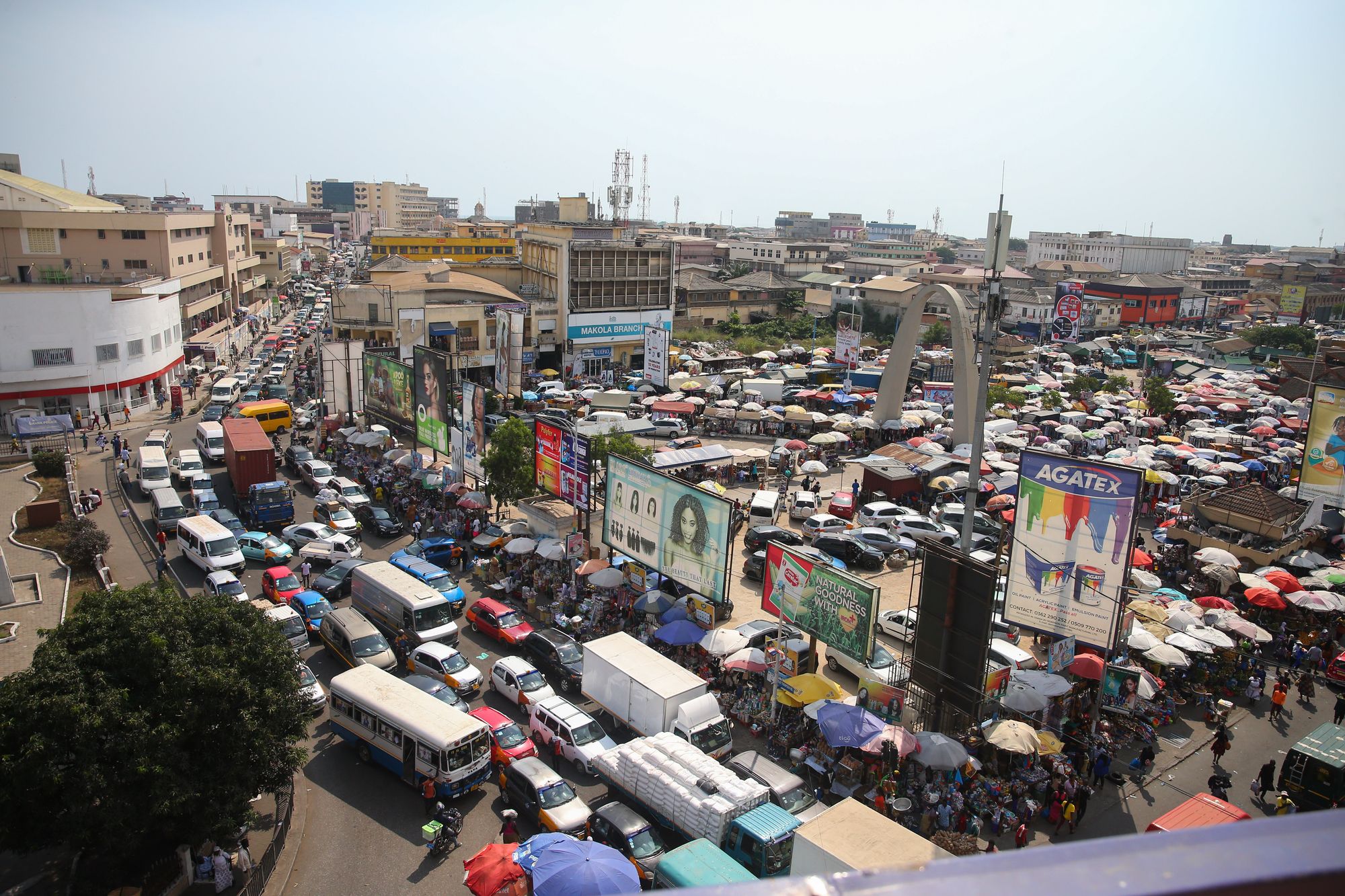Landlocked Developing Countries, currently experiencing economic and infrastructural challenges, need increased technical and financial support to achieve sustainable development, leaders have called during the High-level Africa regional review meeting of the Vienna Programme of Action (VPoA) for Landlocked Developing Countries (LLDCs) which opened in the Botswana Capital, Gaborone.
In a video message at the opening of the meeting, Acting Executive Secretary of the Economic Commission for Africa (ECA), Antonio Pedro, said while African LLDCs have made some notable development progress, this has not been substantial enough to reach the goals and targets set out in the VPoA.
Nonetheless, the limited progress made does not mean achievements should go unnoticed. For example, LLDs have improved access to electricity from 24 to 37 per cent between 2014 and 2020, and an economic growth forecasted at 5.3 per cent for 2023. Furthermore, work was underway to further unlock progress, including the African Continental Free Trade Area (AfCFTA).
“Successful implementation of the AfCFTA would allow for enhanced regional cooperation and economic integration on the continent and would directly address some of the challenges that LLDCs faced over the years – particularly regarding the reduction of transit costs,” he said, noting that peculiar challenges arising from their lack of access to the sea, as well as inadequate transport infrastructure were some of the challenges faced by LLDCs.
“We will have to continue our critical work addressing the unique challenges facing LLDCs, and we must do so together,” Mr. Pedro told participants, adding that the challenges of a majority of African LLDCs were compounded by a recurrent incidence of conflicts, political instability and un-receding high levels of poverty and inequality.
Africa is home to 16 of the world’s 32 landlocked developing countries, 13 of which are also Least Developed Countries (LDCs).
The two-day meeting being held under the theme, “From Vienna to Kigali: towards a new decade of partnerships for a transformative Programme of Action for LLDCs’ ‘ will review the implementation of the Vienna Programme of Action in Africa. Organized by the United Nations Office of the High Representative for the Least Developed Countries, Landlocked Developing Countries and Small Island Developing States (UN-OHRLLS) jointly with the ECA and the Government of Botswana, the meeting is being attended by Ministers and senior government officials from ministries dealing directly with the implementation of the VPoA.
The regional level meeting precedes the Third United Nations Conference on Landlocked Developing Countries (LLDCs) slated for 2024 which will comprehensively review the implementation of the Vienna Programme of Action for LLDCs.
Addressing the review meeting, High Representative and Under-Secretary- General Least Developed Countries, Landlocked Developing Countries and Small Island Developing States, Rabab Fatima, said the United Nations General Assembly has adopted an ambitious ‘Call for action to accelerate the implementation of the Vienna Programme of Action’ to help LLDCs effectively implement the VPOA and achieve sustainable development.
“Clearly, the targets and aspirations of the VPOA, the 2030 Agenda and Agenda 2063 are far off-track, Ms. Fatima noted, adding that, “We must double-pace our efforts to turn things around. The 3rd LLDCs Conference provides us with an opportunity to do that.”
Ms. Fatima said Africa must leverage the once-in-a-decade opportunity of the 3rd LLDC conference to mobilize global support and solidarity to strengthen partnerships to transform the lives and livelihoods of 533 million people in 32 landlocked countries.
For his part, Botswana Assistant Minister of Agriculture, Molebatsi Molebatsi, said LLDCs should not be left behind in sustainable development but need financing for better connectivity to implement the Vienna Programme of Action and to meet the Sustainable Development Goals.
Calling for the successor Programme of Action of the VPoA to be an accelerator in achieving the SDGs, Mr. Molebatsi, bemoaned that Africa’s LLDCs are locked out of global trade.
“There is a need to work together to ensure the overcoming of the common challenges we have. The use of the latest technologies will go a long way in helping us achieve this objective,” said Mr. Molebatsi.

